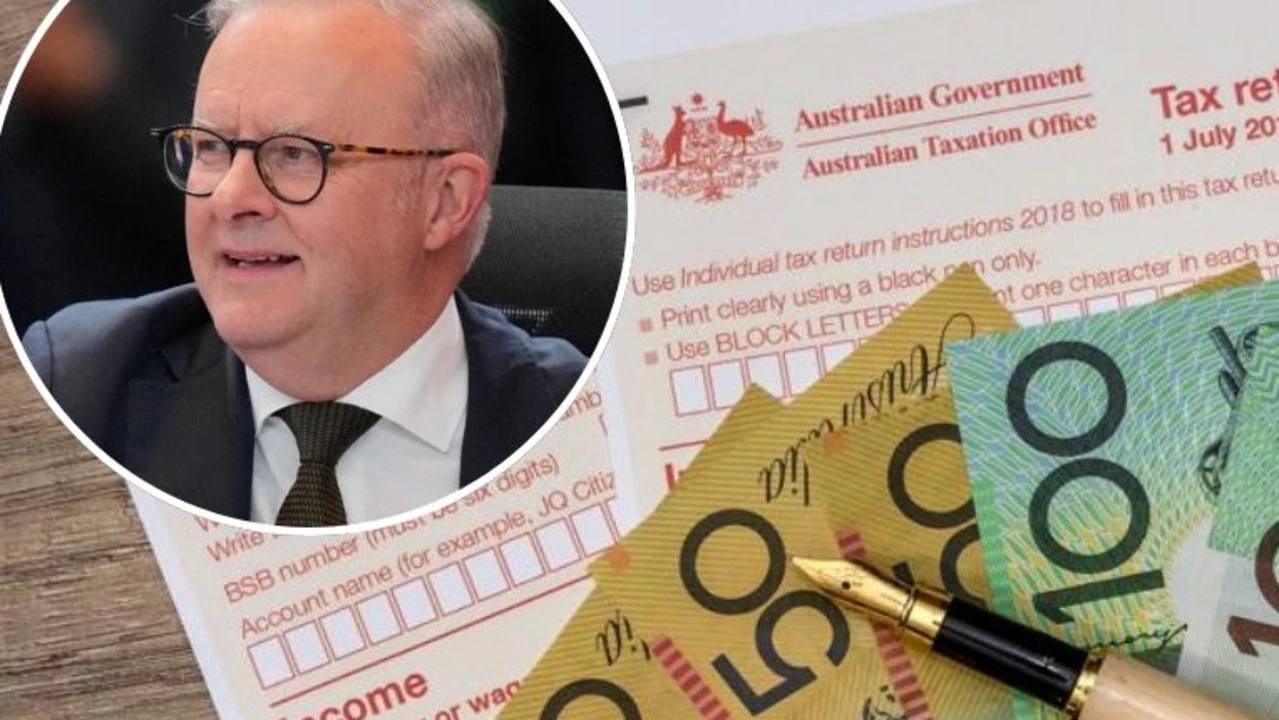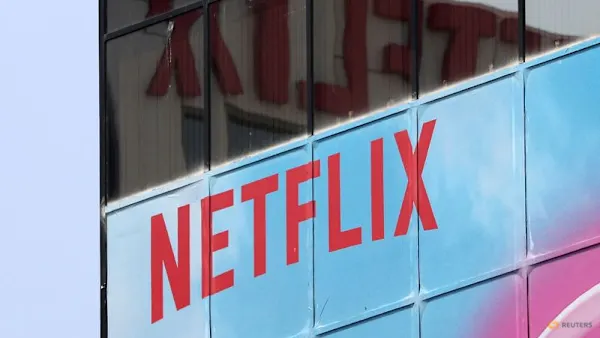Copyright brecorder

EDITORIAL: Pakistan’s authorities are desperately seeking FDI (foreign direct investment) to pour in. Red carpets are being rolled out for potential investors, and business-to-business trips are being organised in the hope of translating them into concrete deals. However, so far, there is little to show beyond a growing list of MoUs (memoranda of understanding). Without making policies realistic and consistent, attracting any form of productive investment will remain a pipedream. Authorities continue to offer international investors various incentives — from tax breaks to sovereign guarantees — to capture their attention. Yet, at the same time, they keep playing games with existing investors. In all Independent Power Producer (IPP) policies — whether of 1994, 2002, or 2015 — the government of the day was desperate for power plants and offered every possible guarantee and incentive. Under the 1994 policy, Western investors came in, but none returned under later policies. Pakistan eventually had to rely solely on Chinese investors for the 2015 policy. Now, even the Chinese are reluctant to invest further in that sector, at least. Not long ago, another round of negotiations was held with IPPs. There was no meaningful improvement in the power sector, and the benefit to consumers remained marginal. However, investors were not treated equally — one foreign investor managed to avoid renegotiation but took the opportunity to sell his plant to a local group. Currently, the Power Division and regulator Nepra are targeting the only private entity operating in power distribution, K-Electric (KE), a vertically integrated company. Nepra has revised downward KE’s multiyear tariff based on unrealistic assumptions, effectively making KE the new punching bag of the power ministry. The company’s Saudi shareholders are now considering approaching international arbitration. What message does this send to foreign investors in general, and to Saudi investors in particular? Just weeks ago, one of KE’s shareholders signed an MoU with a Saudi prince regarding possible share transfers. The question is: will that deal still go through? The government is also exploring deregulation and privatisation of other distribution companies (DISCOs). But who will buy when existing investors are being mistreated? Who will invest when they see authorities change course simply because they dislike an investor or company because it would not yield to their whims to amend signed agreements? These are tough questions that must be addressed before the government can claim to be serious about privatization. Energy remains a tough nut to crack. Many costs are social in nature, and there must be mechanisms to justify these costs and provide financial incentives for the private sector to assume them — including uniform tariffs and universal service obligations, regardless of recovery challenges. The regulator must be razor-sharp and forward-looking. Unfortunately, Nepra’s performance hardly reflects that. After conducting deliberations for as many as 18 months to finalise KE’s multiyear tariff, it took a suo motu action within two months to massively reverse it. Meanwhile, the Power Division officials, for example, continue to publicly assail KE across media platforms. Little do they perhaps know that potential foreign investors watch all this closely and make their decisions based on how the government and regulators treat the existing players particularly in sectors under heavy public scrutiny. If the government insists on this approach, it should refrain from inviting foreign investors into sectors with high social costs, because no private player will take that bait. India, for instance, does not allow foreign investment in every sector — Pakistan should adopt a similar approach. However, even domestic investors will hesitate if they anticipate future arm-twisting. The government and regulators must think holistically and avoid creating bigger risks for small, short-term gains; otherwise, the broader economy will suffer in the long run. Copyright Business Recorder, 2025



